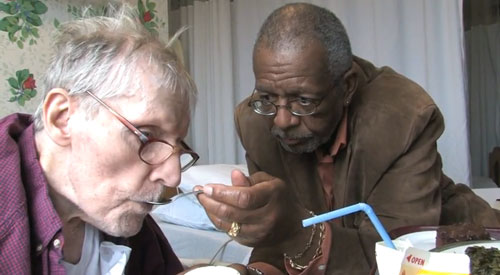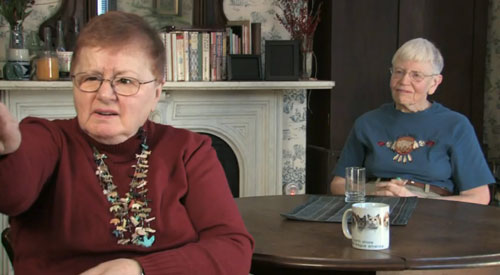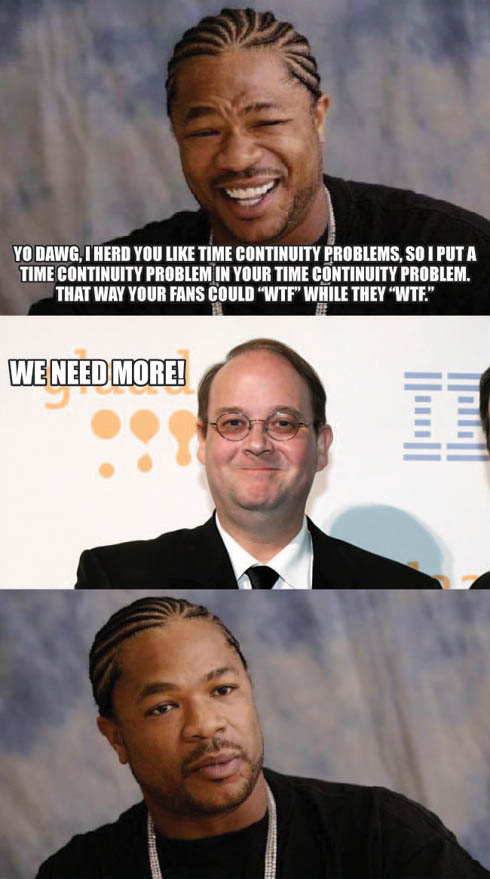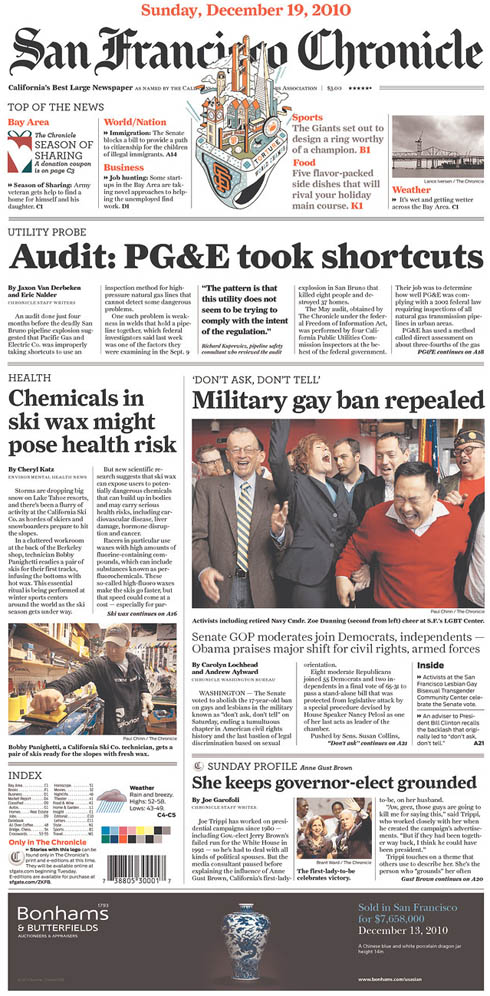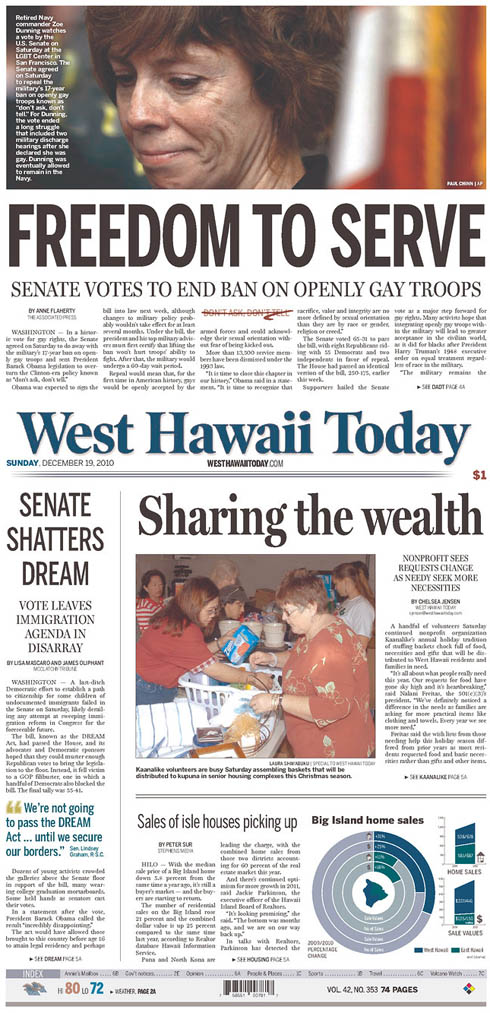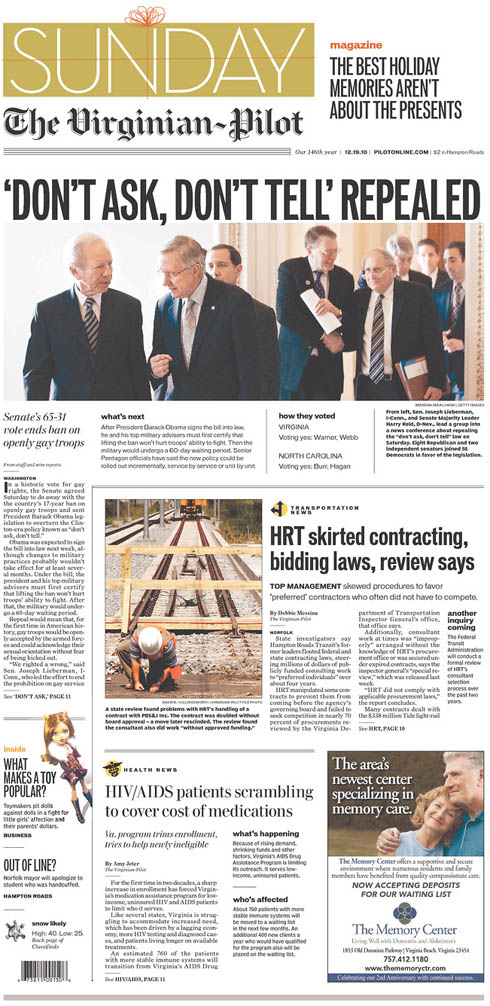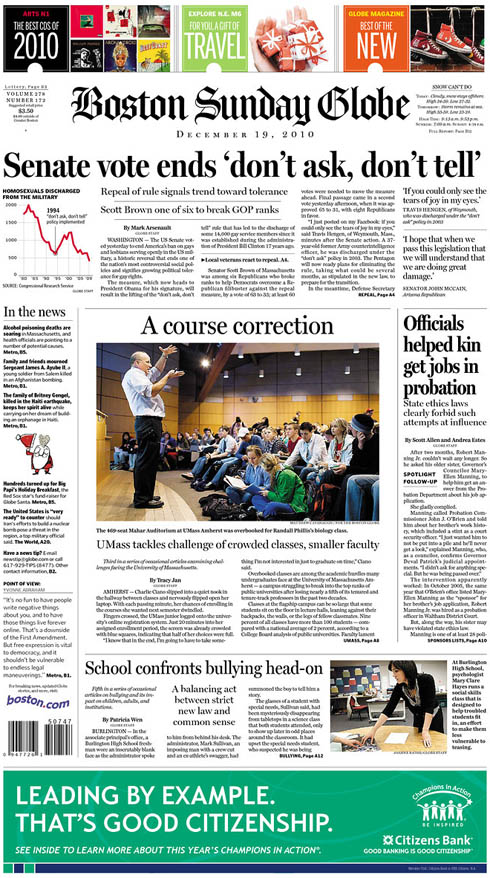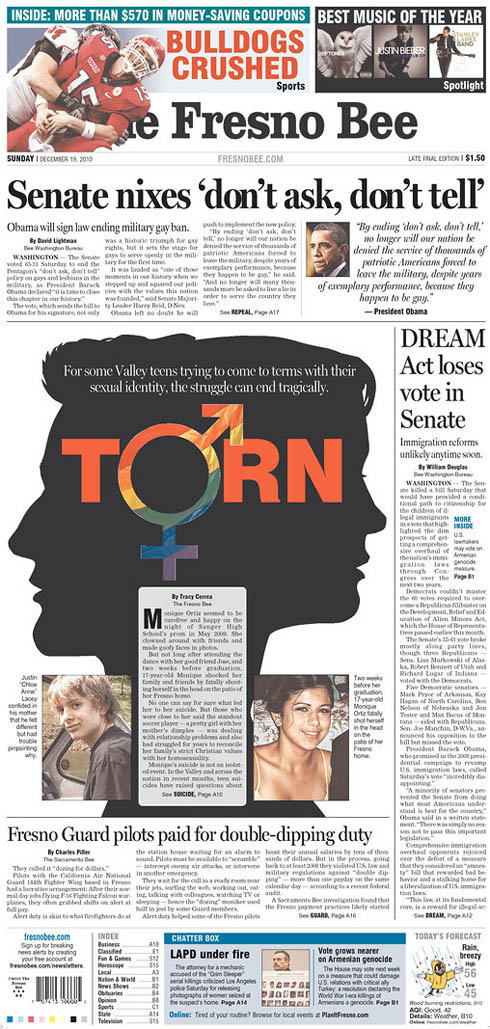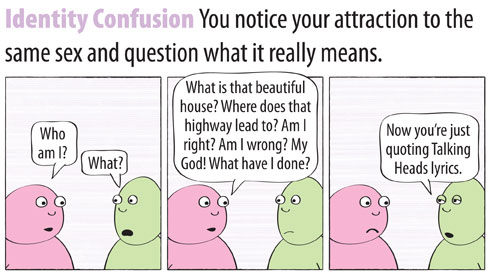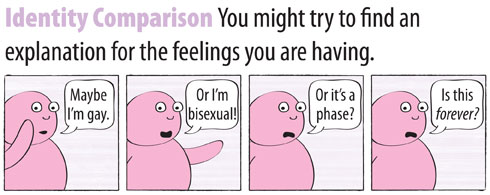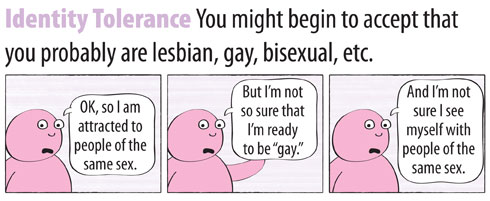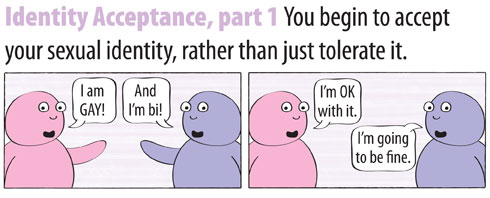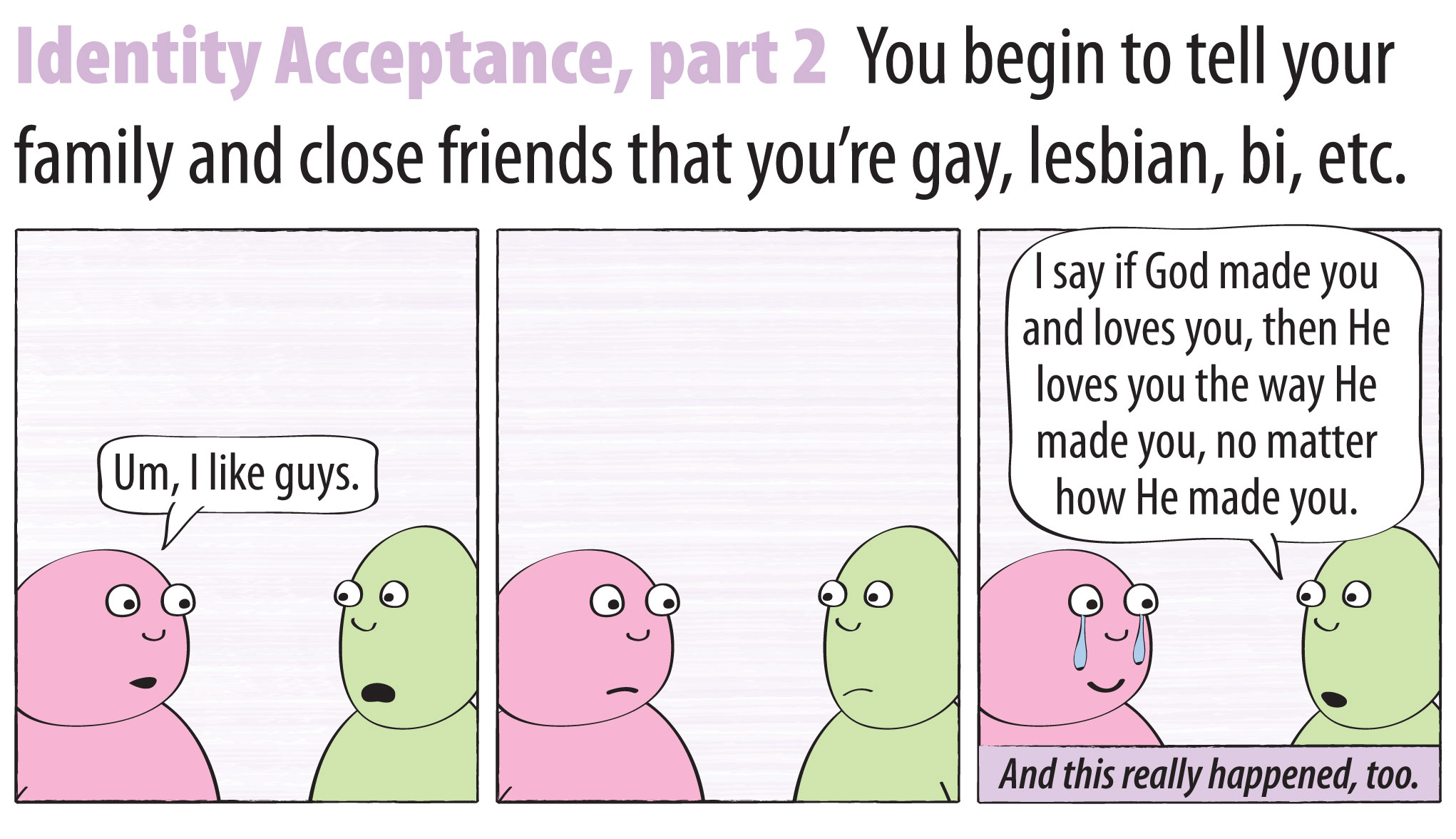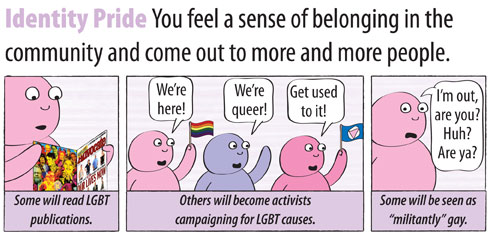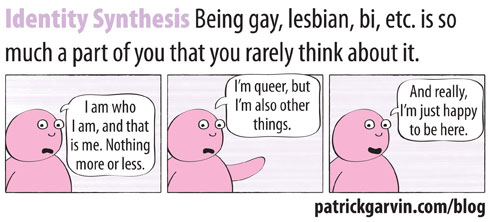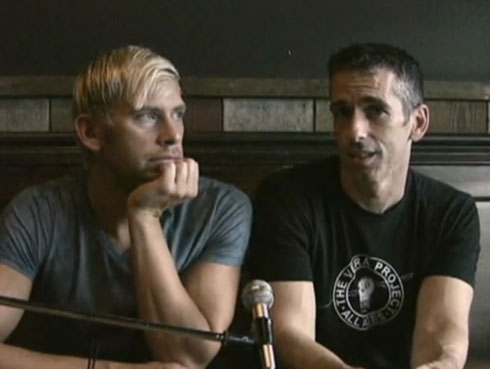Tracy Morgan’s recent comedy routine about a hypothetically gay son has drawn critics to say he should be fired from “30 Rock.” Joakim Noah of the Chicago Bulls was fined $50,000 for calling a fan “Fa****” during a game. Both have since apologized.
- October 2006: Isaiah Washington used “Fa****” on the set of “Grey’s Anatomy” during an argument with Patrick Dempsey. A few months later, he used the word in the backstage press room at the Golden Globes. Washington was later fired from the show.
- November 2006: Actor-comedian Michael Richards went off on a fan in the crowd, using the N-word. He later apologized.
- February 2007: Former basketball player Tim Hardway said, “I hate gay people, so I let it be known… I don’t like gay people and I don’t like to be around gay people. I am homophobic. I don’t like it. It shouldn’t be in the world or in the United States.” After people got upset, he apologized.
- March 2007: Ann Coulter referred to John Edwards as a “fa****,” prompting criticism from politicians of both parties.
- April 2007: Radio host Don Imus referred to the Rutgers University women’s basketball team, which had eight black players, as “nappy-headed hos.” Within a few weeks of that, CBS fired Imus.
- October 2010: Juan Williams was fired from NPR after saying he gets nervous when he gets on planes with Muslims.
- March 2011: Gilbert Gottfried was fired from Aflac after tweeting jokes about the earthquake and tsunami in Japan.
- April 2011: Kobe Bryant was fined after using a gay slur.
And these are just some of the recent occurrences in which celebrities caused outcries with slurs. The point is, there have been enough of them that other celebrities could look at them and say, “Gee, if I say this, people might get upset and I could be fired or at the very least, ostracized.”
But they don’t get it. And I’m not sure Joakim Noah or Tracy Morgan get why this was wrong. After Noah was fined $50,000, he said, “I made a mistake, learn from it and move on. That’s about it.”
But that’s not “about it,” Joakim. Think about Tyler Clementi, who was outed as gay on the Internet and subsequently jumped off the George Washington Bridge to his death. Or the other LGBT youth who were bullied and died by suicide. Or Matthew Shepard, who was beaten and left on a fence to die. Many of these celebrities will attribute their slip-ups to the “heat of the moment” or a “moment of frustration,” but for the rest of us, we don’t get to live in that vacuum. We have the context of knowing how deep and hurtful “fa****” can be, whether it’s heard at a club in Myrtle Beach or from a car in Jacksonville’s Riverside neighborhood. You get to apologize, pay and “move on,” but for the actual “faggots,” Joakim, we have to live with the reality of that word every day.
It would be a great tragedy if Joakim Noah and Tracy Morgan would just “move on” and try to forget these incidents. Apologies and fines are one thing, but I think both could benefit from spending time with groups that serve the LGBT community. There drop-in centers for LGBT youth with nowhere else to go. Tracy Morgan joked about the abuse he would dish out if his son were gay. To many kids at these centers, that joke is a harsh reality. When Morgan’s tirade is forgotten about and there’s a new controversy, these kids can’t forget it. If Morgan were to visit these places, he might not forget it, either. We’re telling a whole generation of gay youth that “it gets better,” but we need to hold ourselves and our celebrities accountable to make sure that it does get better.

